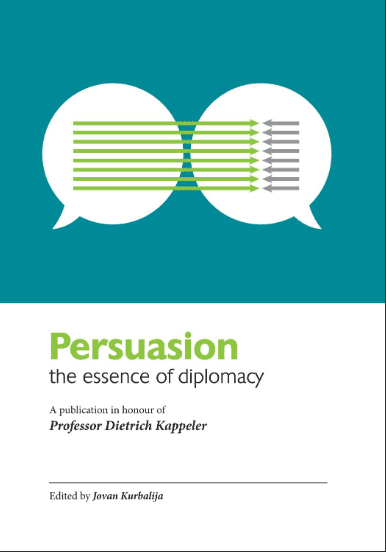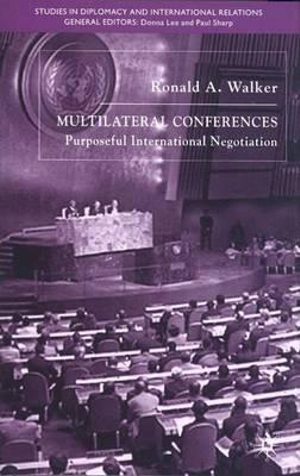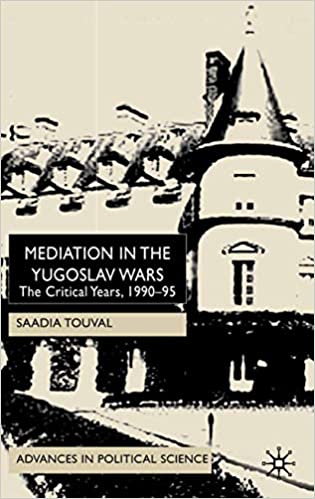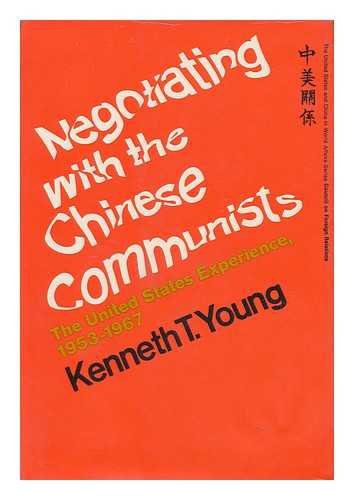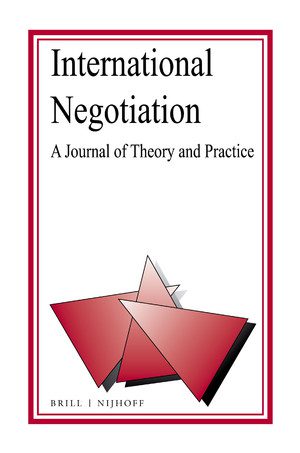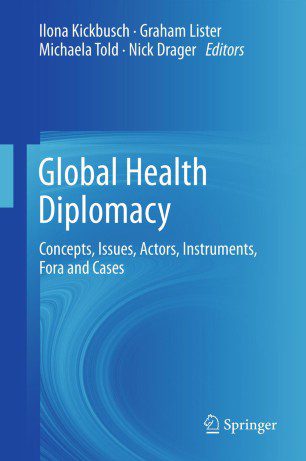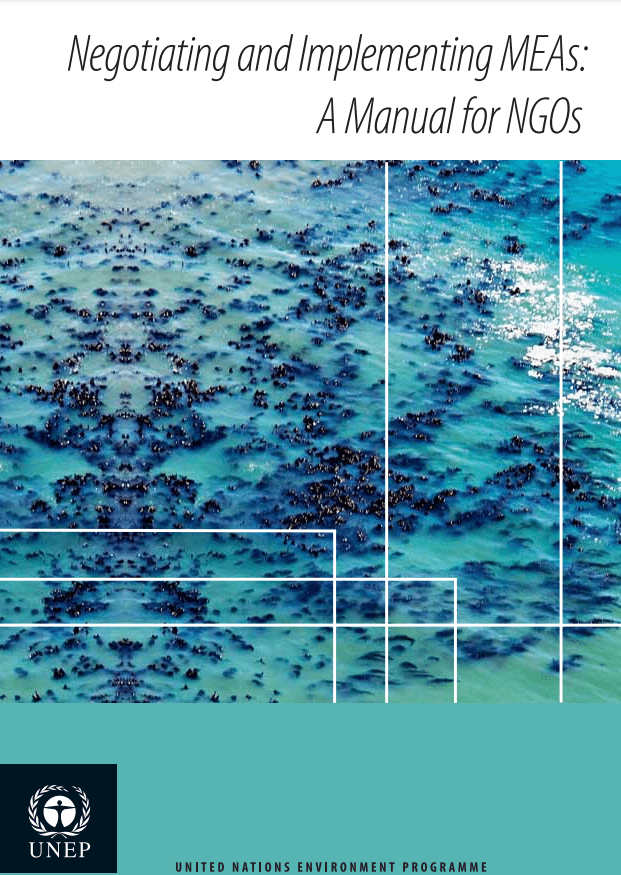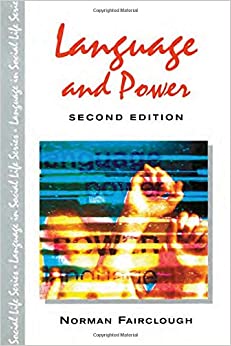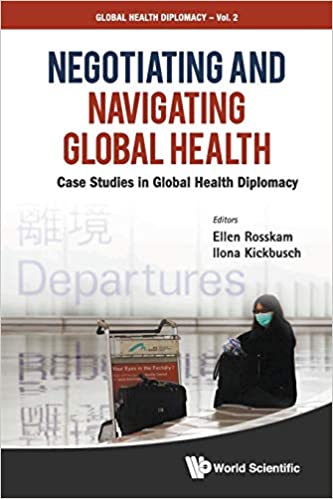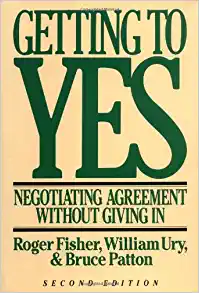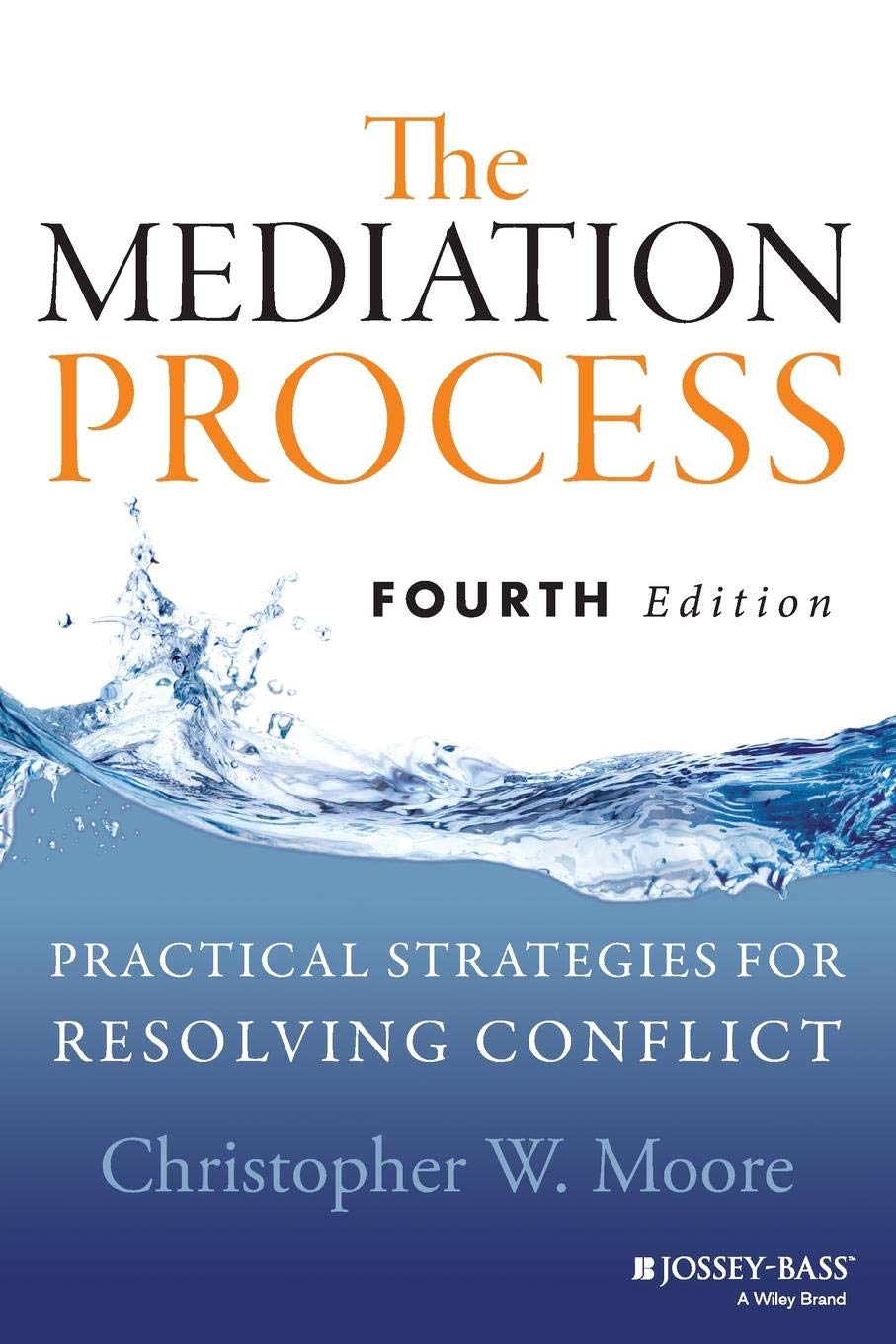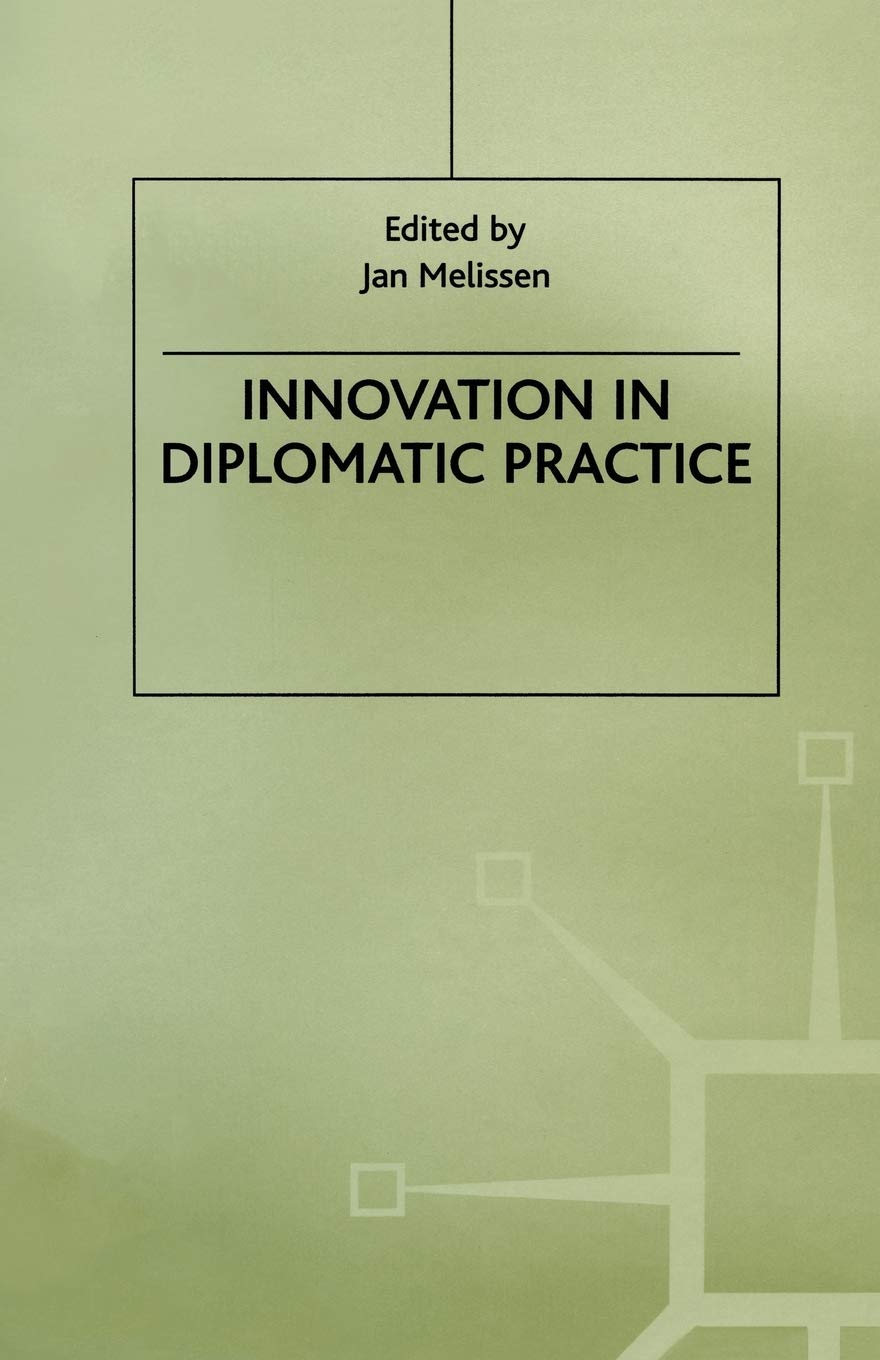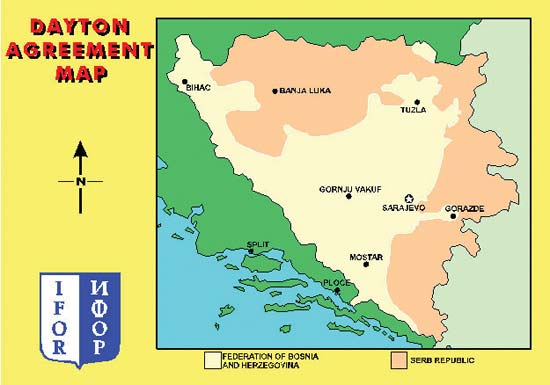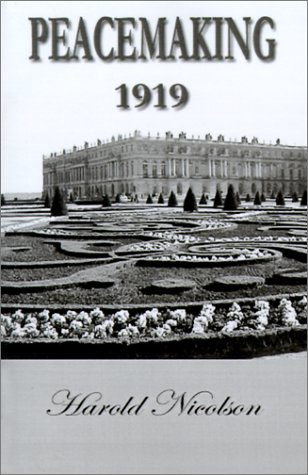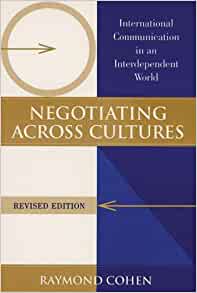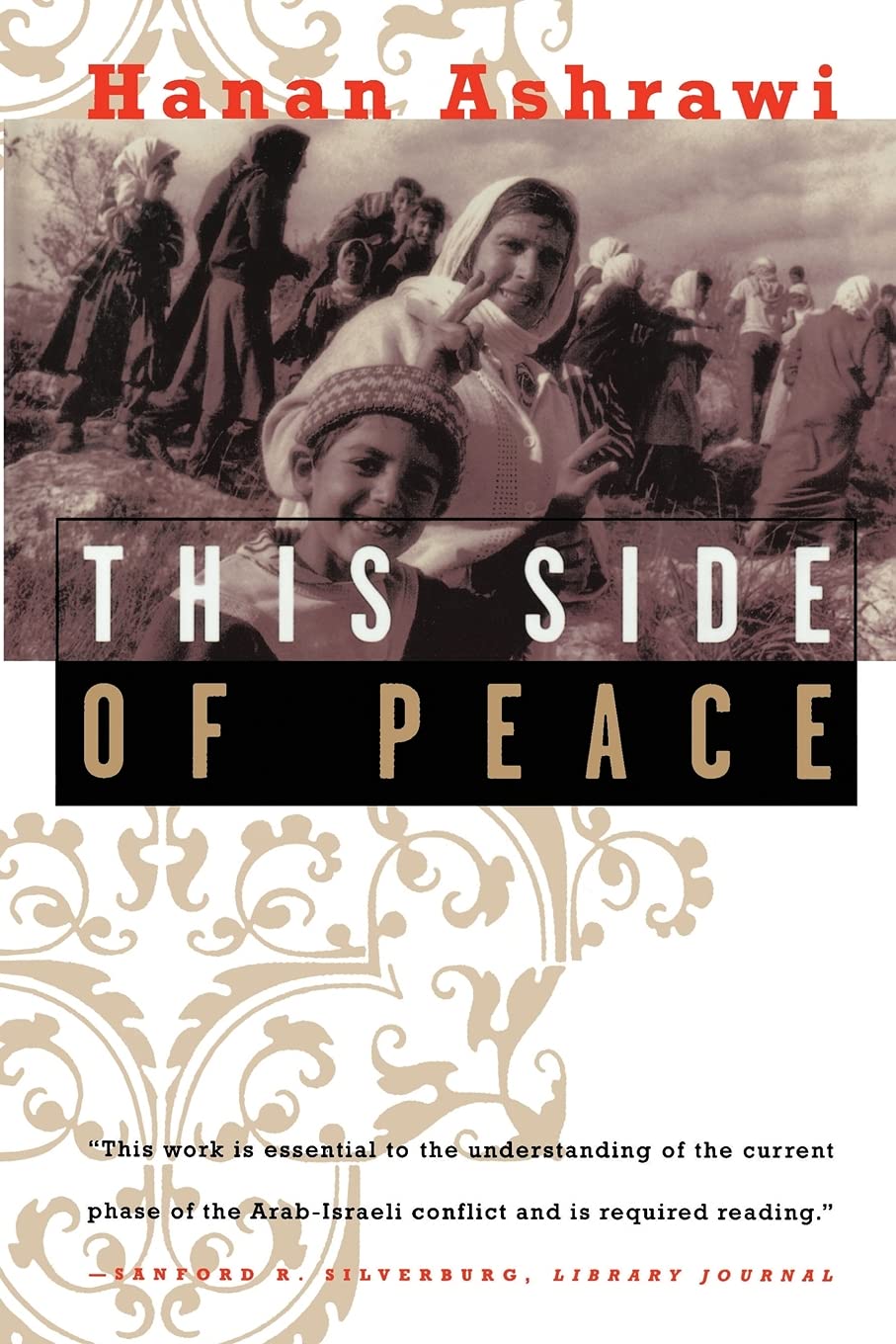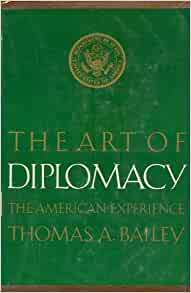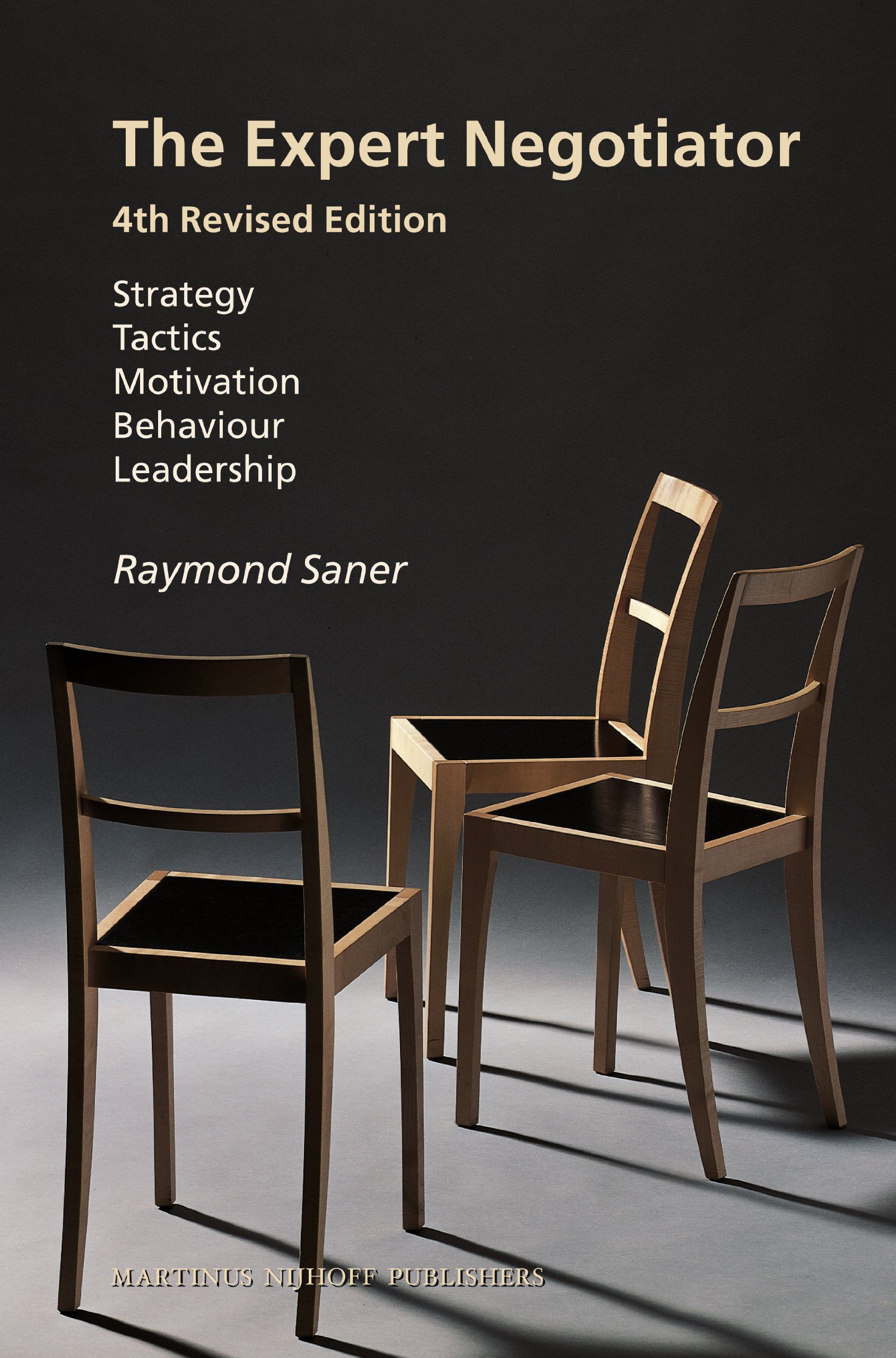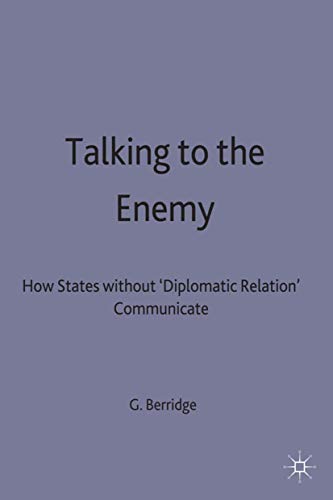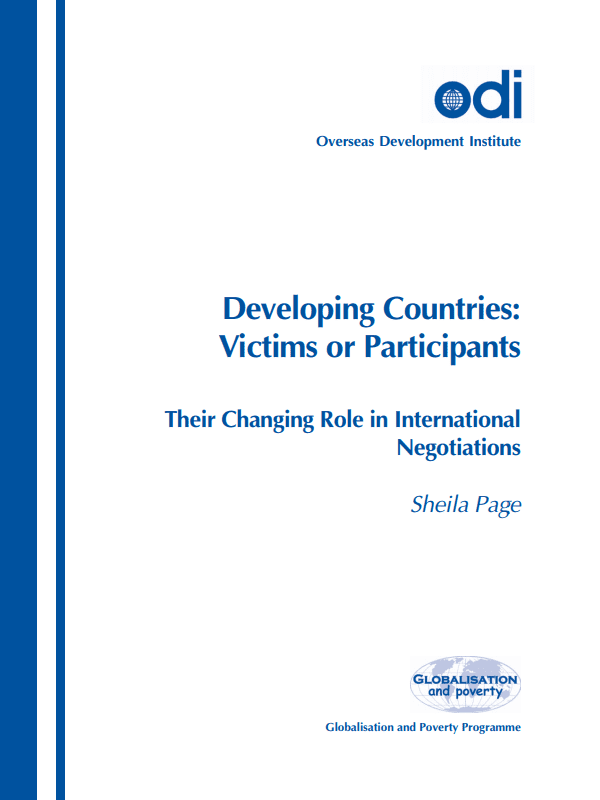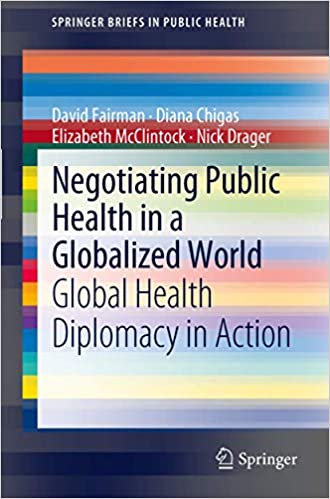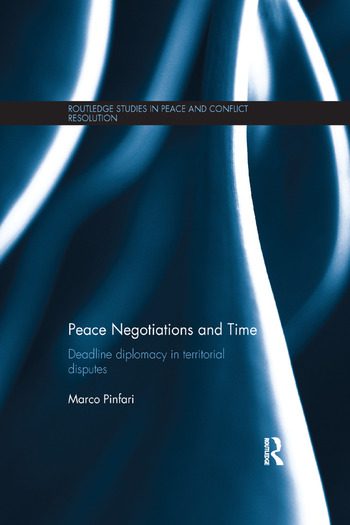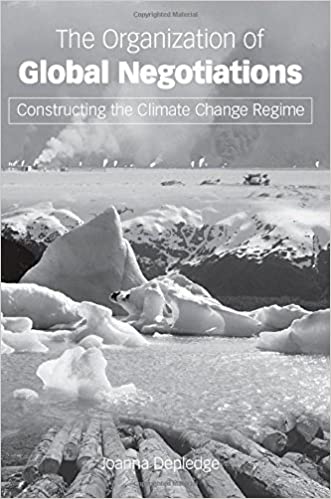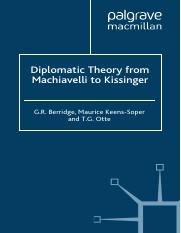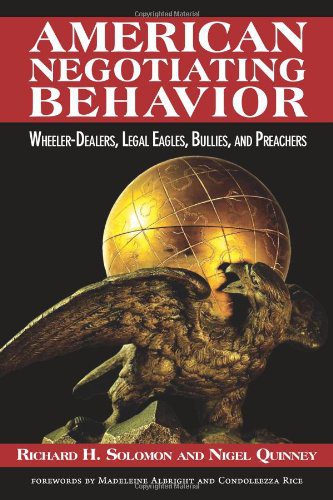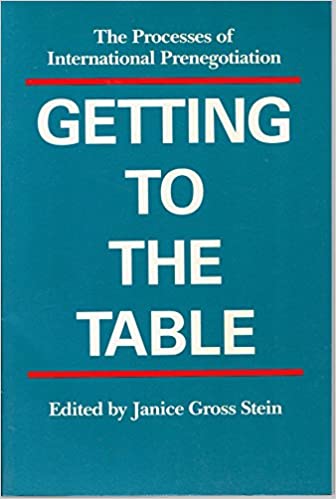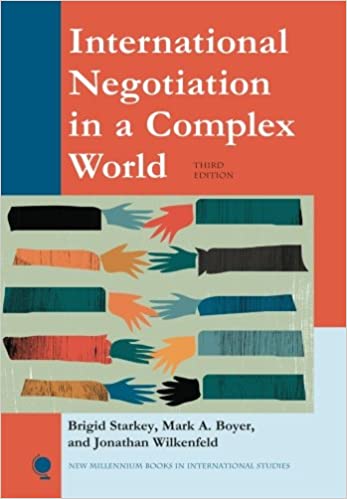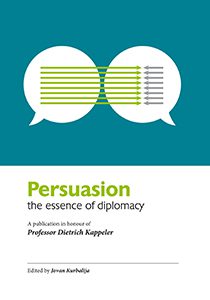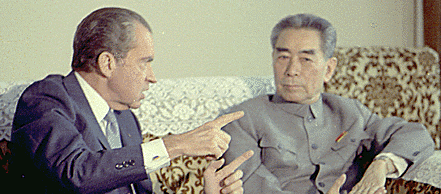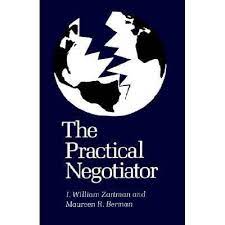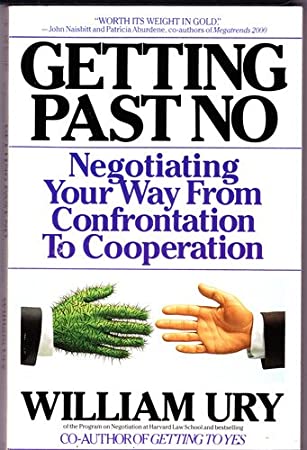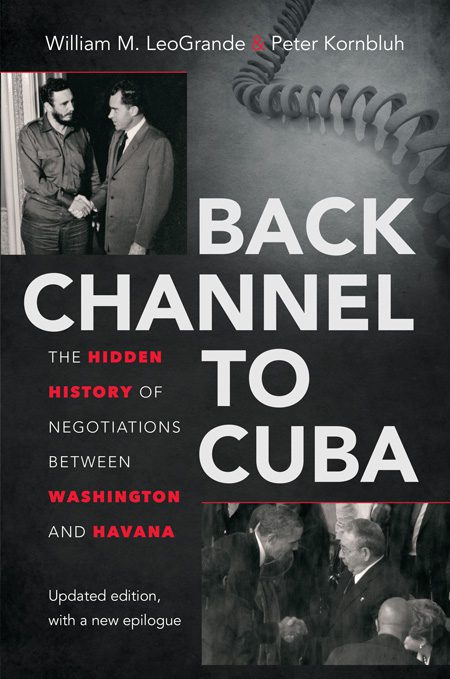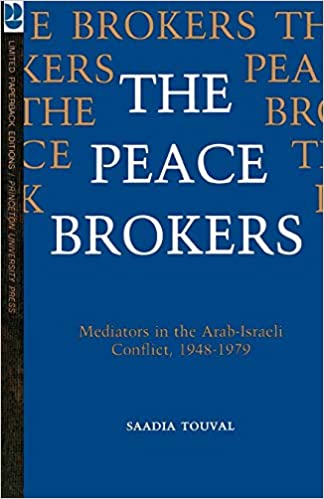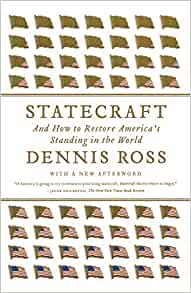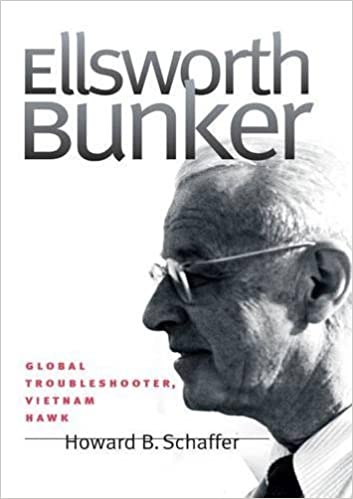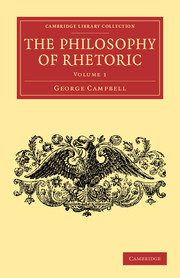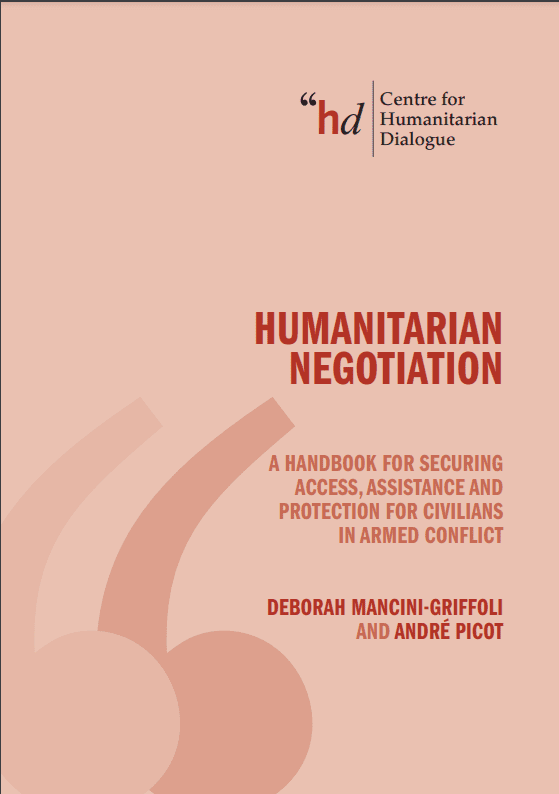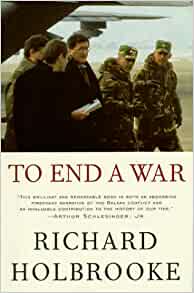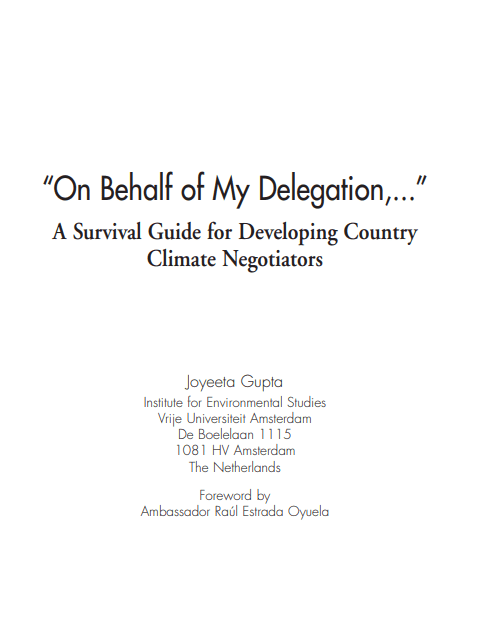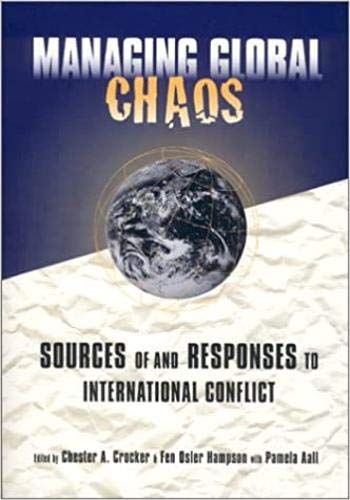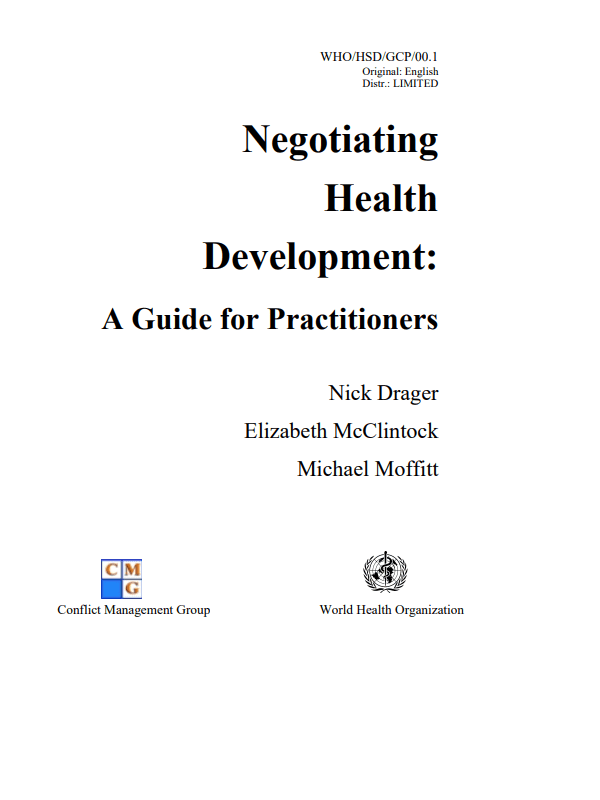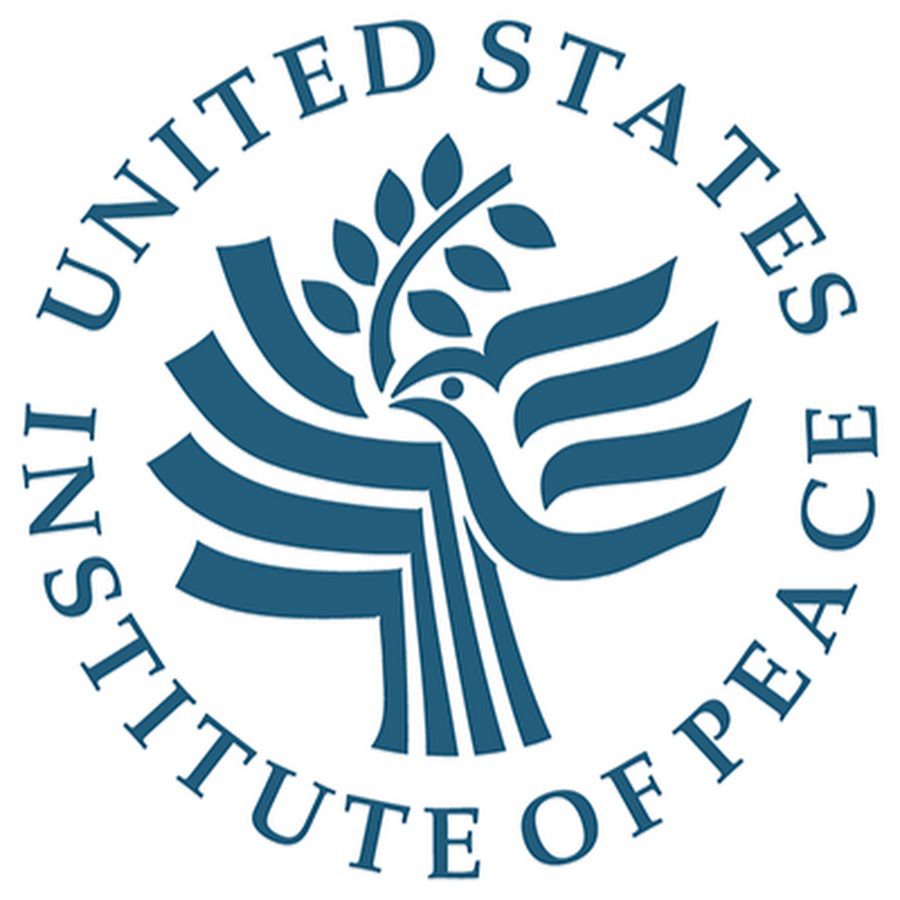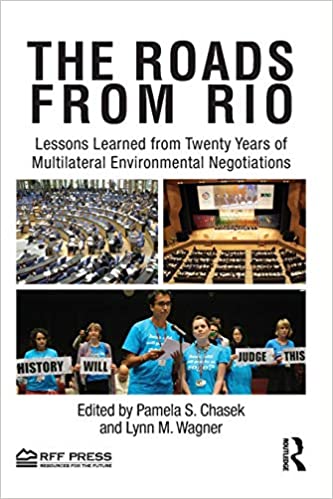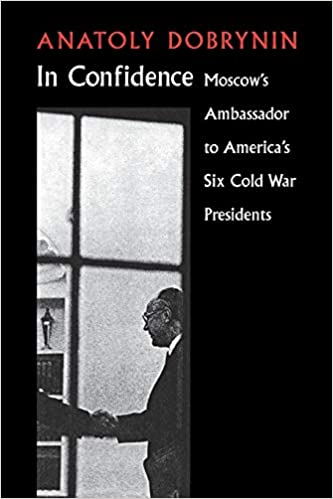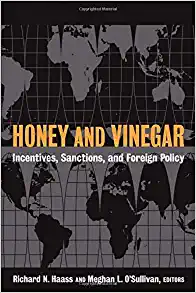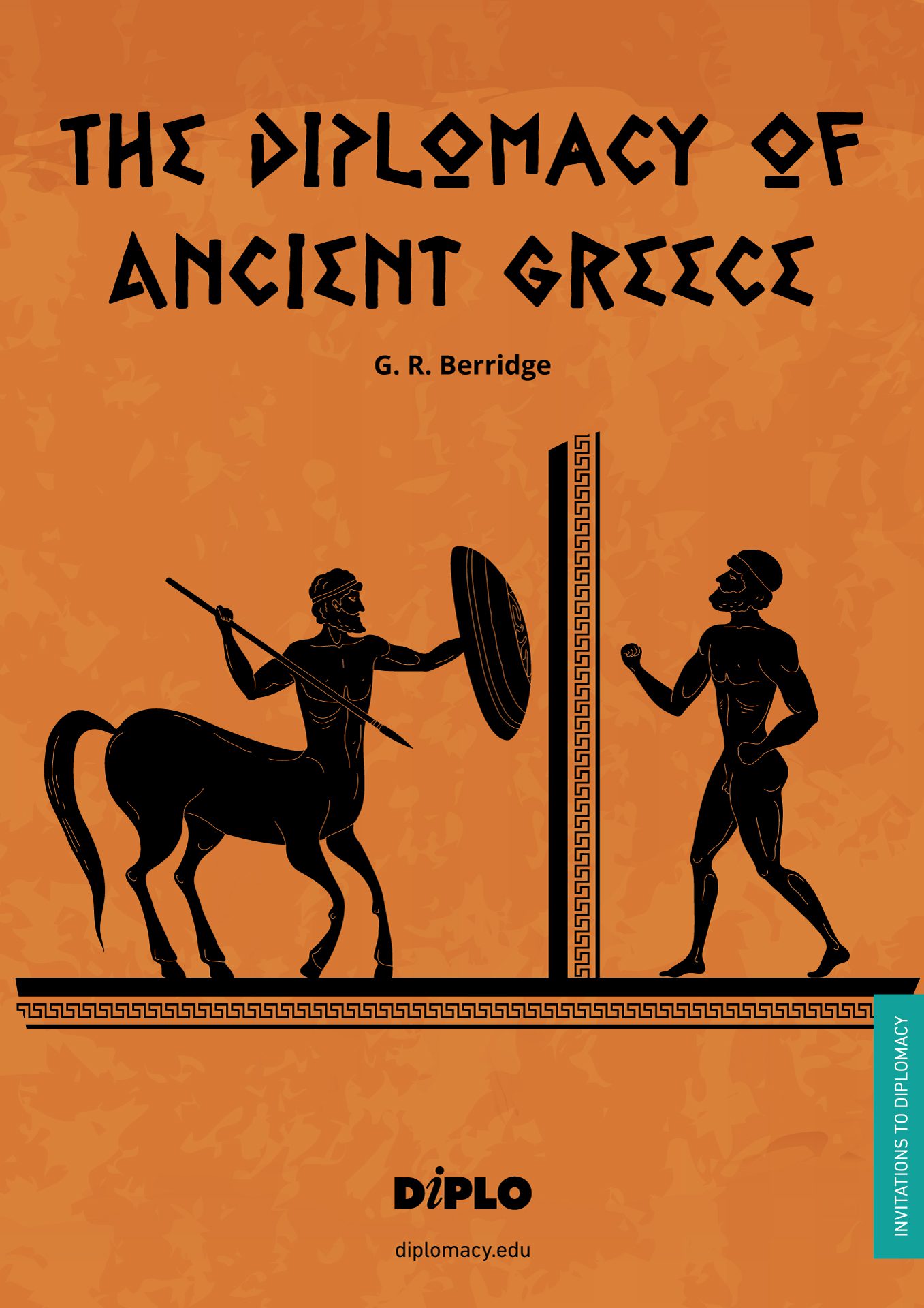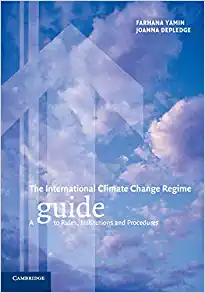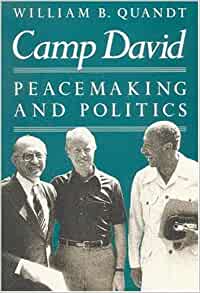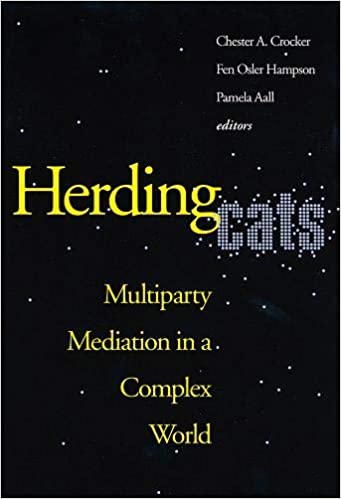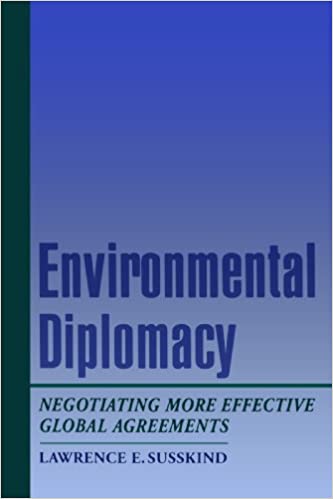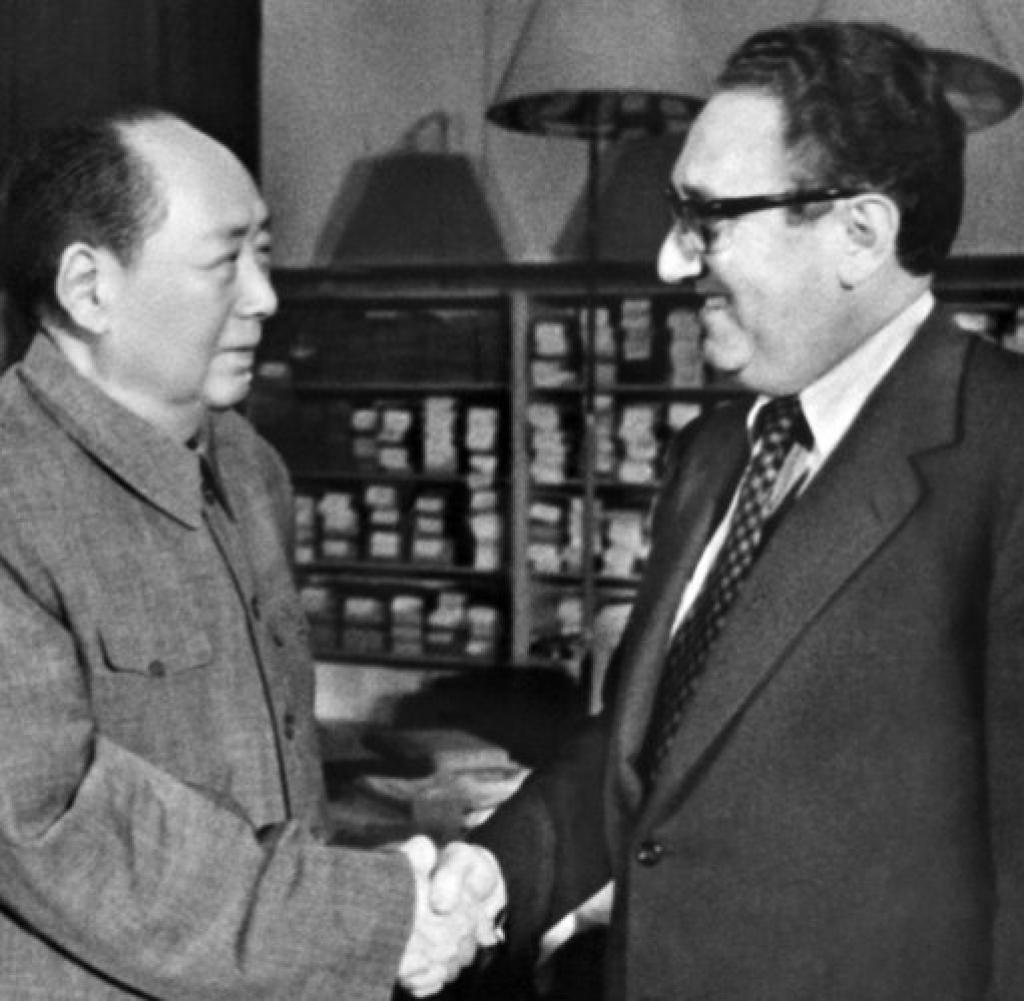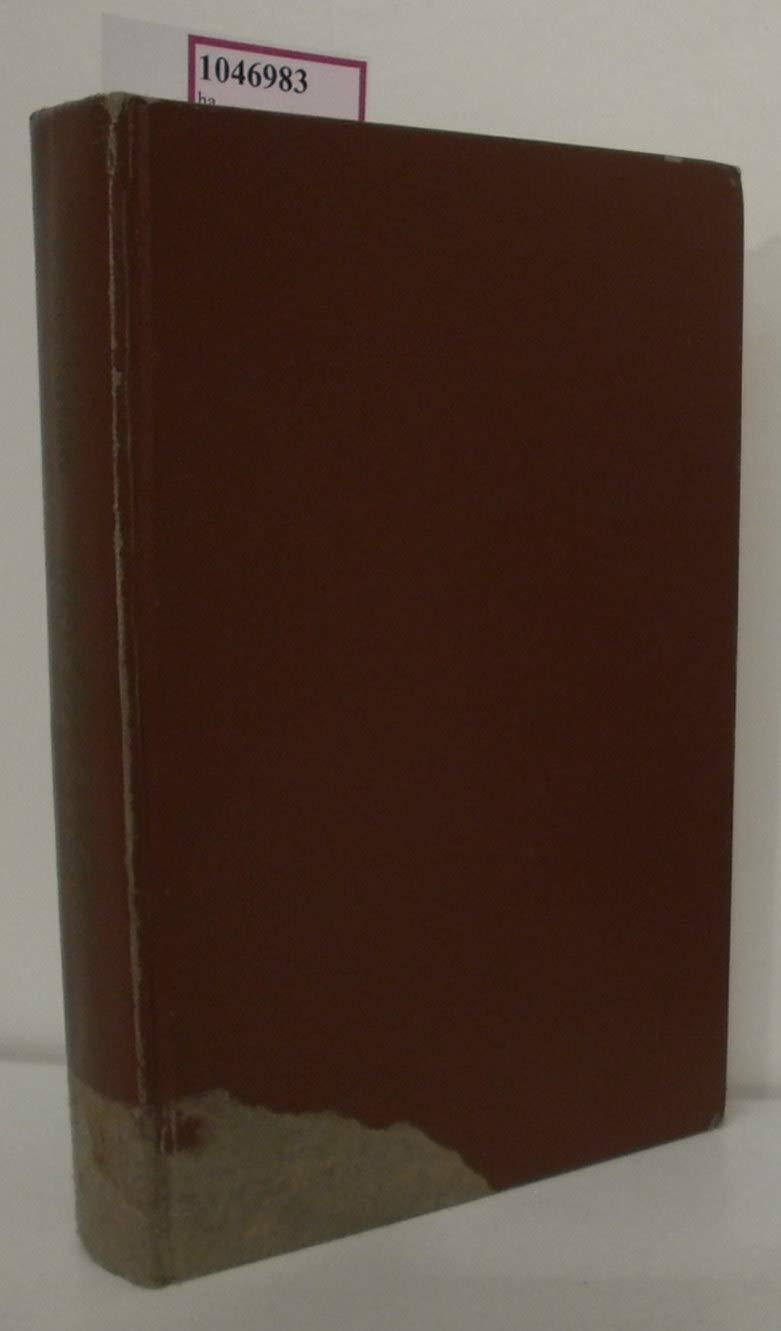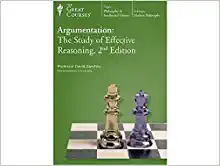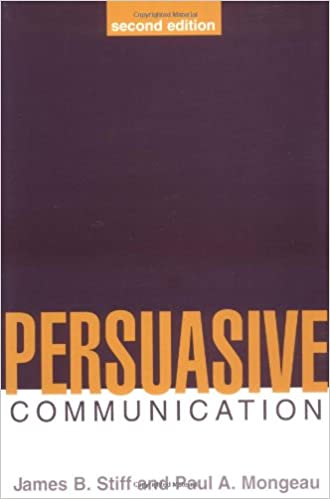In my view the essence of diplomacy is the search for points of convergence.
Persuasion is one of the methods through which a point of convergence can be reached. If persuasion is given a wide enough definition, encompassing methods which in addition, or as the accompaniment, to rational interaction involve deception, corruption, and direct or indirect application of force, in the search for convergence, then I would agree that persuasion is an important method, but not the essence, of diplomacy.
Otherwise, if defined more strictly as straightforward rational interaction, in the form of argumentation, application of logic, and provision of evidence, persuasion can only be considered as one of a number of methods through which diplomacy is conducted. The most effective of these methods is the indirect application of force.[1]
Diplomats as agents
The primary task of the diplomat is to promote their country’s interest abroad. They do this through interaction with counterparts who have the equally demanding task to promote the interests of their respective countries. The conditions of this interaction are often, though not always, of a confrontational nature where contrasting, sometimes conflicting objectives are projected.
Diplomats are agents not principals in the setting of these objectives – and therefore have limited leeway to allow persuasion to alter or even redefine the instructions under which they operate. Policy lines cannot be defined or changed within a negotiating context. In the final analysis, the most that a diplomat can be ‘persuaded’ to do is to go back to their principals and in turn try to persuade them to change their instructions.
It is under these circumstances that I define the search for convergence, rather than persuasion, as the essence of diplomacy. The most fruitful diplomacy in effect mostly resolves itself into an exercise where the contending parties seek points of convergence where the key elements of their respective positions can somehow be accommodated.
Direct or indirect use of force
A complete capitulation of one position in favour of another is rarely a result of diplomatic persuasion – especially when diplomats are the protagonists. When political leaders are the protagonists, a change of position is conceivable – however, in such cases, it is less persuasion than what I call the direct or indirect use of force, or what may more politely be termed ‘rewards and penalties’ that carries the day.
Factors such as argumentation, emotion, and rhetorical skills are a natural aspect of human intercourse. So these factors evidently play a role in the search for convergence. But they do not constitute the essence of diplomacy.
Nor, more often than not, are they the main factors in diplomatic interaction. More important factors are the diplomat’s firm grasp of the essential points of their side’s position, their clear awareness of the essential points of the other side, and a frank assessment of the background balance of force (tactical or strategic, military or economic, and to a relative extent also legal or moral) between them and the opposing side.
These are the factors that play a key role in bilateral diplomacy.
Multilateral diplomacy is a different matter. At the multilateral level objectives are quite often, but not always (especially in matters which are take up at the UN Security Council level), defined in less confrontational terms.
Point of convergence
When objectives are premised on initial points of convergence (e.g. common interest in negotiations on such matters as protection of environment, regulation of maritime or air traffic, definition of trade relations, etc.), the role of persuasion comes more to the fore in the diplomatic exercise.
Even here however the same factors defining bilateral diplomacy are also at play.
And additional significant factors also have a role – notably the diplomat’s ability to identify and recruit like-minded partners (this is an aspect where the standard methods of persuasion can take a prominent role), their familiarity with, and ability to use to their advantage, precedents, rules of procedures and the institutional dimension of multilateral discourse and, no less important, their grasp of the technicalities of the subject being negotiated.
Malta, a case in point
In Maltese diplomacy, a classic case of diplomatic persuasion was the initiative taken by Ambassador Pardo in the 1960s to launch the process leading to the law of the sea. The factors which characterised the success of this initiative were varied and complex, but the ingredient of persuasion was undoubtedly among them, especially at the beginning. Other factors were however also at play (Box 1). In my view Ambassador Pardo’s was a tour de force representing more a unique event in diplomatic history than a model of diplomatic persuasion.
In my personal experience, the most extended and complex diplomatic negotiation in which I have been involved was my role as Permanent Representative in Brussels during the time of Malta’s for accession process into the EU. In some ways this had the features of a multilateral negotiation, calling for all the factors noted above. It also had a number of unique features which in the main highlighted the convergence objectives of a negotiations exercise rather than the role of persuasion.[2]
Common heritage of mankind
In August 1967, without much prior indication, the Maltese delegation requested the inclusion of a new item in the agenda of the forthcoming 22nd session of the General Assembly entitled ‘Declaration and Treaty concerning the reservation exclusively for peaceful purposes of the sea-bed and of the ocean floor, underlying the seas beyond the limits of present national jurisdiction, and the use of their resources in the interest of mankind’.
The detailed exposition of the proposal was made by Ambassador Pardo himself in the First Committee of the General Assembly on 1 November 1967, in a three-hour-long statement, which because of its length even had to be suspended for a lunch break, and during which he displayed a comprehensive grasp of the subject matter, an intellectual force in its presentation, and a visionary approach in its conception that awed contemporaries and has made it one of the more memorable events in UN history.[3]
The common heritage initiative had all the hallmarks of Ambassador’s Pardo’s approach – idealistic inspiration, intellectual vigour, multilateral commitment, and development oriented objectives. It was the product of a long period of quiet and thorough research and preparation, which also benefited from Malta’s solid tradition of study and practice of maritime law. In common with most of his ideas it was politically neutral in its conception but initially disconcerting in its originality and implications.
The proposal’s strength lay in a combination of the timeliness and topicality of its subject matter with an innovative and bold elaboration of concepts and principles related to this subject matter.
The initial shock and hesitation generated by the proposal were overcome surprisingly quickly. The genuine and wide-ranging relevance of the subject was undeniable. The thoroughness and professionalism of the way in which the initiative was presented were impressive. The fact that Malta was a small island country with a growing reputation as an independent-minded and altruistic instigator of multilateral action helped to lend credibility and to justify and explain its initiative.
In the initial phases, Ambassador Pardo piloted the proposal in a masterful way though the intricacies of UN tactics and procedures. Substantively he managed to steer the opening discussions in the political rather than the legal direction, thereby limiting, though not completely avoiding, the interminable contortions of legalistic debate. Procedurally, by successfully insisting from the very outset on the practice of consensus decision-making, he also restrained, though here again with only partial success, the worst excesses of ideological posturing.
The Third Conference on the Law of the Sea was an unparalleled tour de force of multilateral decision-making. In the complexity, range, and depth of its subject matter, in the duration and procedural variety of its proceedings, in the wide sweep of its participation at governmental and expert levels, and in the far-reaching concepts and principles enshrined in the Convention which was its outcome, the Conference stands as an enduring monument to the value and relevance of the multilateral process
Not least among the impressive aspects of the Conference was the way it confirmed the role that even a small state could play in the multilateral setting. What Malta brought to the process was a spirit of initiative, a deep sense of multilateral commitment and a determined readiness to persist in promoting a relevant concept. As translated in the personal energy and dedicated work of Ambassador Pardo, these constituted key ingredients to launch a process of astounding dimensions and complexity. As the process unfolded it engaged the interest, attention and support of an ever enlarging number of players.
The Law of the Sea initiative has had a lasting impact on Malta’s multilateral diplomacy in the way that it has constituted a model which has constantly inspired, though on occasion it has also distracted, this diplomacy. The inspiration lay in the fundamental belief in and commitment towards multilateralism which the initiative represented and which, as long as it is pursued even-handedly in conjunction with a recognisable national interest, complements and reinforces the relevance and credibility of such initiatives.
The distraction arises in the temptation that, in an attempt to emulate the success of the law of the sea initiative, attention and energy could sometimes be directed towards other initiatives which fail to sufficiently integrate far sighted idealism with political realism, and which consequently risk falling more in the realm of academic exercises rather than in that of the political action which is a key ingredient of successful multilateralism.
[1] A discussion on the relationship between diplomacy and use of force starts with a look at Clausewitz’s On War. Available at https://www.strategicstudiesinstitute.army.mil/pdffiles/pub349.pdf
[2] For more details see the second half of the speech transcript How Small States Influence Diplomatic Practice: A Look at the Fourth Round of Accession Negotiations to the European Union. Available at https://archive1.diplomacy.edu/conferences/smallstates/program.asp [5 February 2013].
[3] UN Doc A/PV.1582 [6 October 1967] pp 11–13
